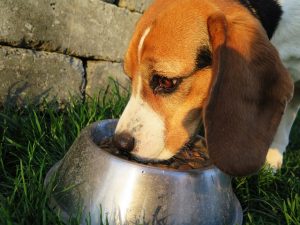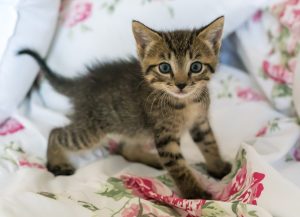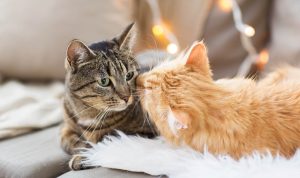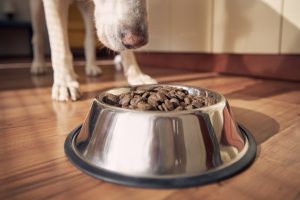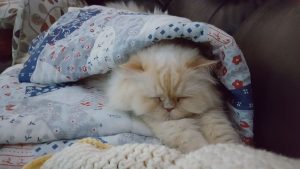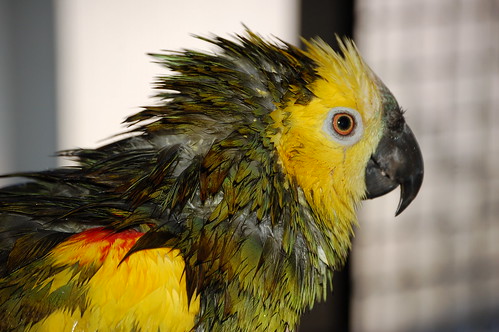
Feathers are a bird’s pride, offering not just flight but insulation, protection, and a stunning display of beauty. Molting, the process of shedding old feathers and growing new ones, is a natural and essential phase in a bird’s life cycle. As a bird owner, understanding and aiding your feathered friend during this period is crucial. Let’s explore the intricacies of molting and discover ways to ensure your bird navigates this phase with ease and comfort.
Understanding Molting
What is Molting?
Molting is the shedding and replacement of feathers, allowing birds to maintain optimal feather quality and functionality. It’s a cyclical process crucial for flight, insulation, and overall health.
Signs of Molting
- Feather Loss: Birds may lose feathers gradually or in patches.
- Increased Preening: Birds will preen more frequently during molting to remove loose or damaged feathers.
- Behavioral Changes: Some birds might become more irritable or lethargic due to discomfort.
Caring for Molting Birds
- Optimal Nutrition
During molting, birds require extra nutrients to grow healthy feathers. Ensure they have access to a balanced diet rich in protein, vitamins, and minerals. Consider adding bird-safe supplements or fresh foods like dark leafy greens, fruits, and cooked eggs.
- Gentle Handling and Interaction
Be mindful of your bird’s discomfort. Limit handling during molting, as their skin can be more sensitive. Gentle interactions and minimizing stress will aid in their comfort.
- Providing a Stress-Free Environment
Maintain a calm and quiet environment to reduce stress on molting birds. Avoid sudden loud noises or disturbances that could cause additional stress during this sensitive period.
- Bathing and Hygiene
Offer your bird regular baths or showers. This helps remove dust and debris from the feathers, aiding in the growth of healthy new plumage. Ensure the water is at room temperature and not too cold.
- Feather Health Checks
Keep an eye on your bird’s feathers. Check for signs of mites, infections, or abnormal growth patterns. If you notice any concerns, consult a veterinarian specializing in avian care.
- Soft Perches and Accessories
Provide soft perches or accessories to alleviate discomfort. Molting birds might prefer softer perches over rough ones to reduce pressure on their new feathers.
Tips for Supporting Birds Through Molting
- Humidification Assistance
If your home is dry, consider using a room humidifier. Proper humidity can prevent feathers from becoming too dry and brittle during molting.
- Supplemental Lighting
Extra light exposure can aid in molting by simulating longer daylight hours. However, ensure your bird has adequate rest and darkness for proper sleep.
- Tailoring Diet for Molting Birds
Consider increasing protein intake during molting to support feather growth. Options like boiled eggs, cooked beans, or high-quality bird food formulated for molting can be beneficial.
- Feather Conditioning
Offer bird-safe conditioning products specifically designed for feather health. These may include sprays or mists to condition and support new feather growth.
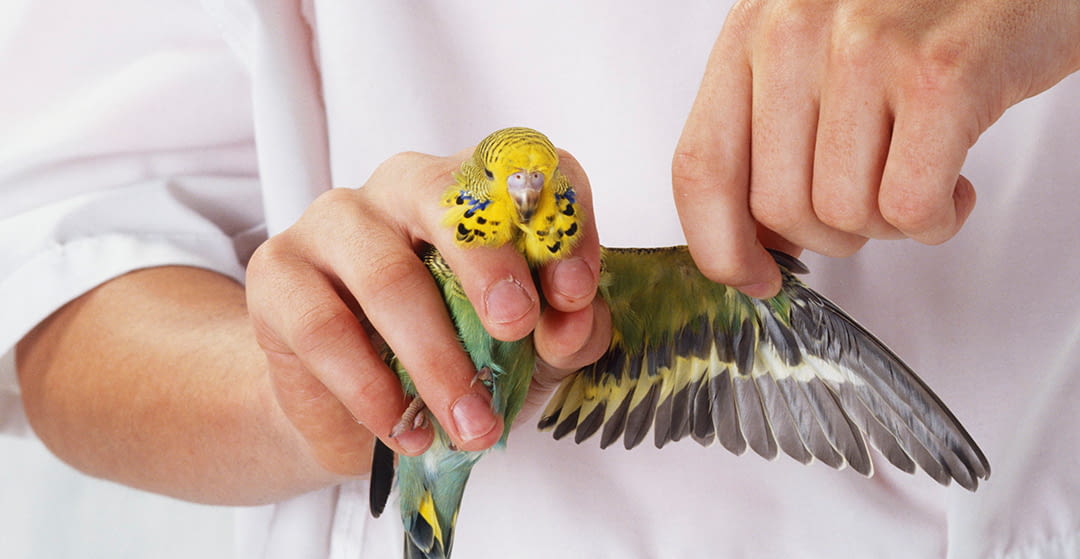
Embracing the Beauty of Renewal
Molting is a natural process essential for your bird’s health and well-being. While it might appear concerning to see feathers strewn about or notice changes in your bird’s behavior, it’s a temporary phase. By providing attentive care, a nurturing environment, and a well-balanced diet, you can support your feathered companion through this natural renewal process.
Patience and Observation
Be patient and observant during molting. It can take weeks or even months for a bird to complete the molting cycle. Ensure your feathered friend feels safe, comfortable, and loved during this transformative period.
Seeking Professional Help
If you notice any abnormal signs or behaviors during molting, consult an avian veterinarian. They can provide specific guidance tailored to your bird’s needs and address any health concerns.
Embracing the Renewal Process
Molting is a testament to nature’s cycle of renewal. By understanding and aiding your bird through this phase, you play an integral role in ensuring their comfort and health. Embrace this time as an opportunity to support your feathered friend’s transformation, ultimately witnessing the emergence of a fresh and vibrant plumage.
